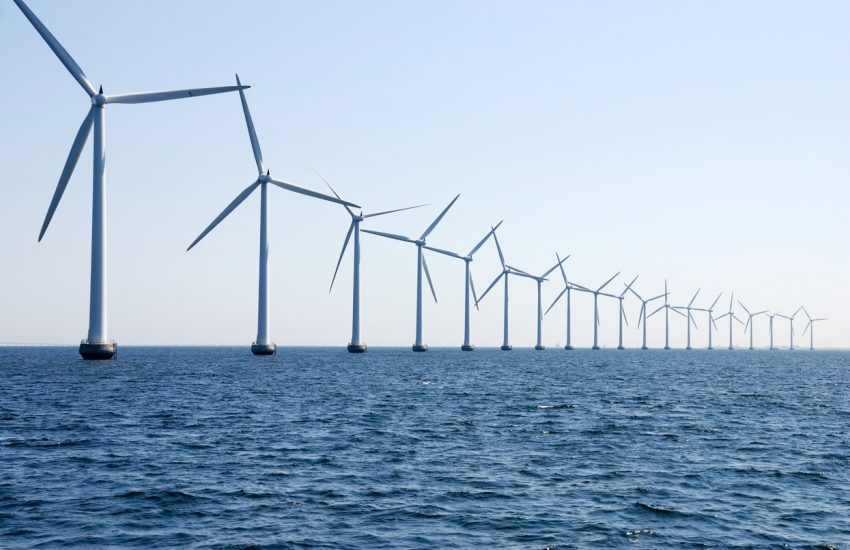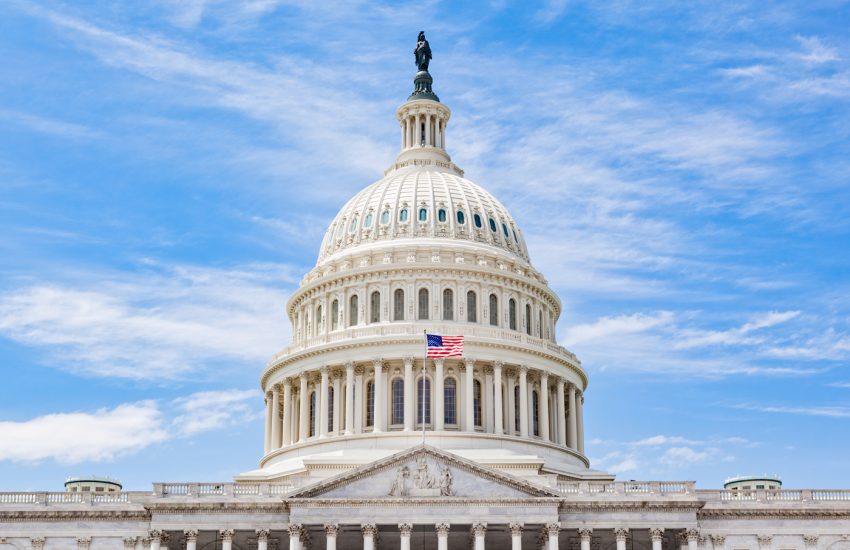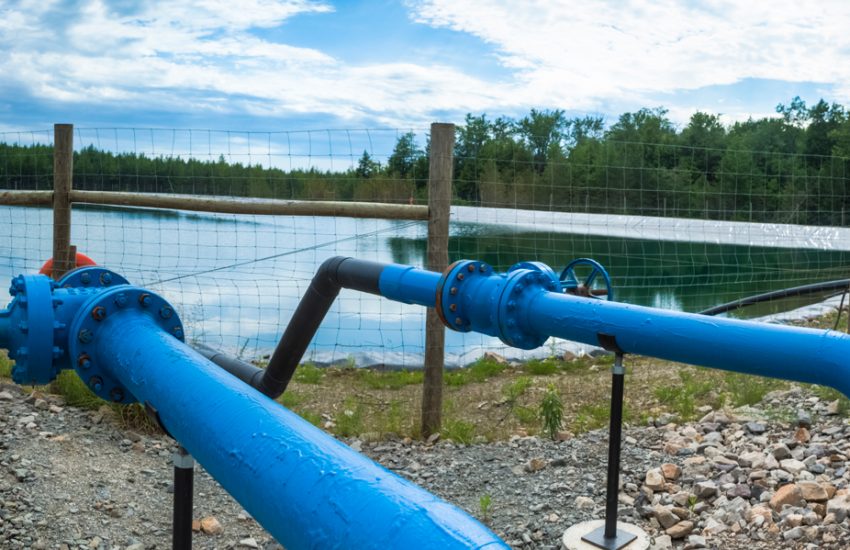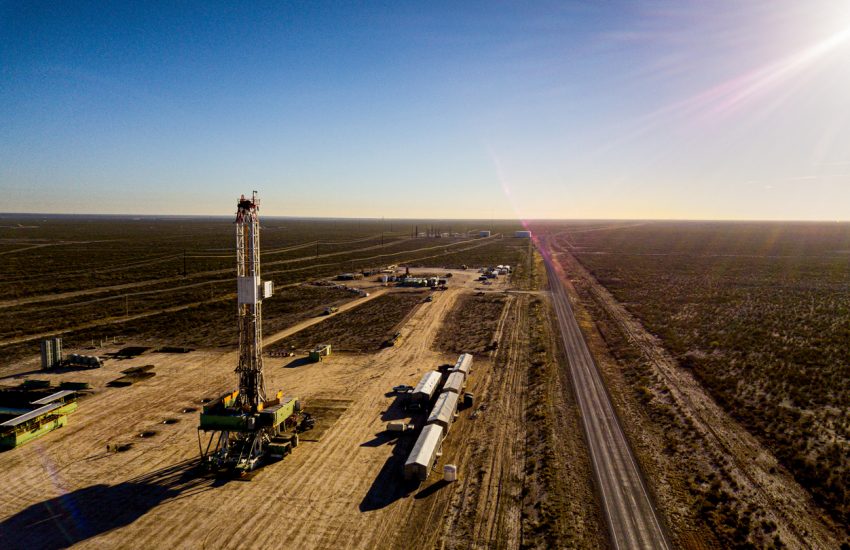On April 8, 2021, the U.S. Environmental Protection Agency (EPA) released an updated toxicity assessment for perfluorobutane sulfuric acid (PFBS). This assessment comes as part of the EPA’s larger PFAS Action Plan, aimed to increase the amount of research and publicly available information on chemicals in the PFAS family.
PFBS, which is part of the larger group of PFAS compounds, is a replacement chemical for perfluorooctane sulfonate (PFOS), which is no longer used in United States manufacturing. PFBS is mainly used as surfactants and repellants …
Continue Reading









